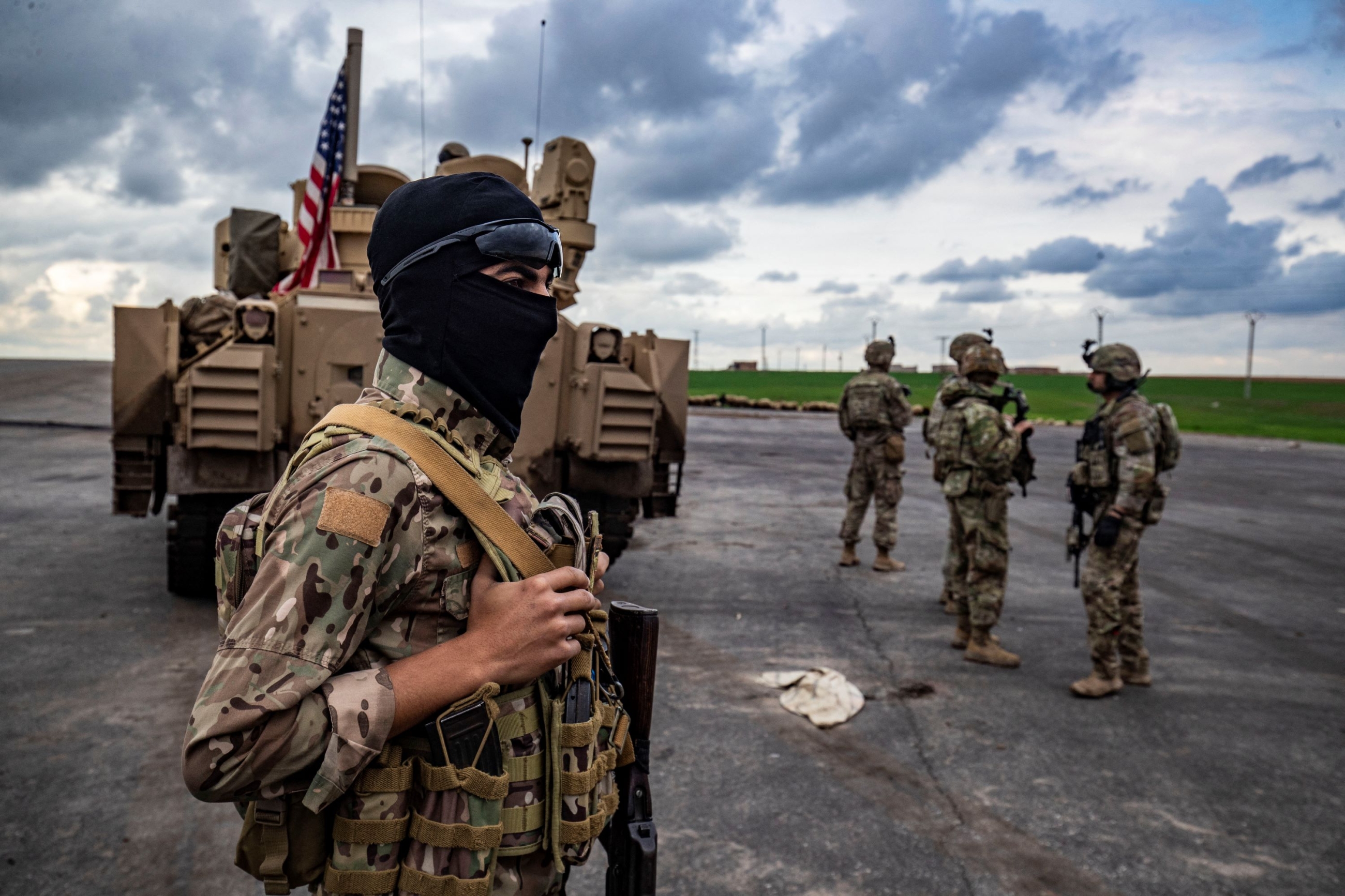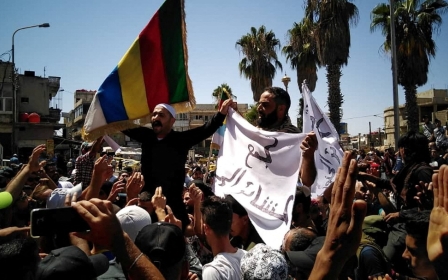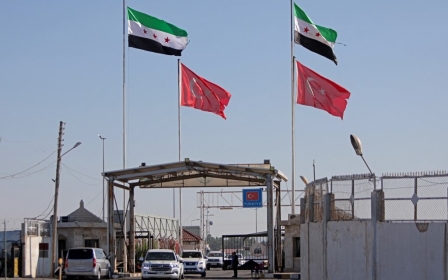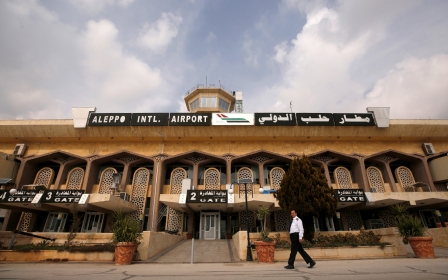Syria: SDF clashes with Arab groups after arrest and dismissal of commander

Fighting between the US-backed Syrian Democratic Forces (SDF) and Arab tribal groups in eastern Syria has left at least 34 people dead as tensions continued for a fourth day.
On Wednesday, Kurdish-led SDF fighters surged into eastern Deir Ezzor province to quell unrest sparked off by the detention of an Arab SDF commander.
Ahmad al-Khubail, a senior SDF commander and head of the Deir Ezzor Military Council, was arrested and dismissed from his post over the weekend for what the SDF said was complicity in drug trafficking and failing to tackle activities of the Islamic State group (IS) among other crimes.
In a statement on Wednesday, the SDF said the arrest, alongside four others, was made "considering numerous reports and complaints from the local populace, and based on an arrest warrant issued by the Public Prosecution in NE Syria due to his involvement in multiple crimes and violations".
In response, armed Arab tribal fighters burnt tyres, ambushed vehicles and shelled SDF positions in towns across the province, as well as taking over several checkpoints and attacking SDF patrols.
New MEE newsletter: Jerusalem Dispatch
Sign up to get the latest insights and analysis on Israel-Palestine, alongside Turkey Unpacked and other MEE newsletters
According to the Syrian Observatory for Human Rights, most of those killed have been tribal fighters and SDF soldiers.
Local news outlet DeirEzzor24 reported that on Thursday helicopters belonging to the US-led anti-IS coalition could be seen flying over areas where the fighting had taken place the day before.
Renewed fighting
Footage released by Syrian opposition media outlets showed armed Arab fighters gathering in villages in the province on Thursday in apparent preparation for a renewed round of fighting with the SDF.
Another video released by members of al-Kubaisah clan in the city called on Arab members of the SDF to defect and join them:
The SDF was formed in 2015 by the Kurdish People's Protection Units (YPG) in alliance with Arab, Turkmen and other minority groups for the primary purpose of fighting IS.
The group, which received backing from the US-led coalition against IS, has controlled most of northeastern Syria since removing the militant group.
Some local leaders have, however, been critical of the SDF over dominance of the YPG, which itself is seen as an extension of the Turkey-focused Kurdistan Workers' Party (PKK). They accuse the YPG of suppressing opposition in the regions it controls.
The YPG espouses a federalised, secular and feminist political project, which it says aims to provide equal protection and representation for Syria's different ethnic groups.
Middle East Eye delivers independent and unrivalled coverage and analysis of the Middle East, North Africa and beyond. To learn more about republishing this content and the associated fees, please fill out this form. More about MEE can be found here.




